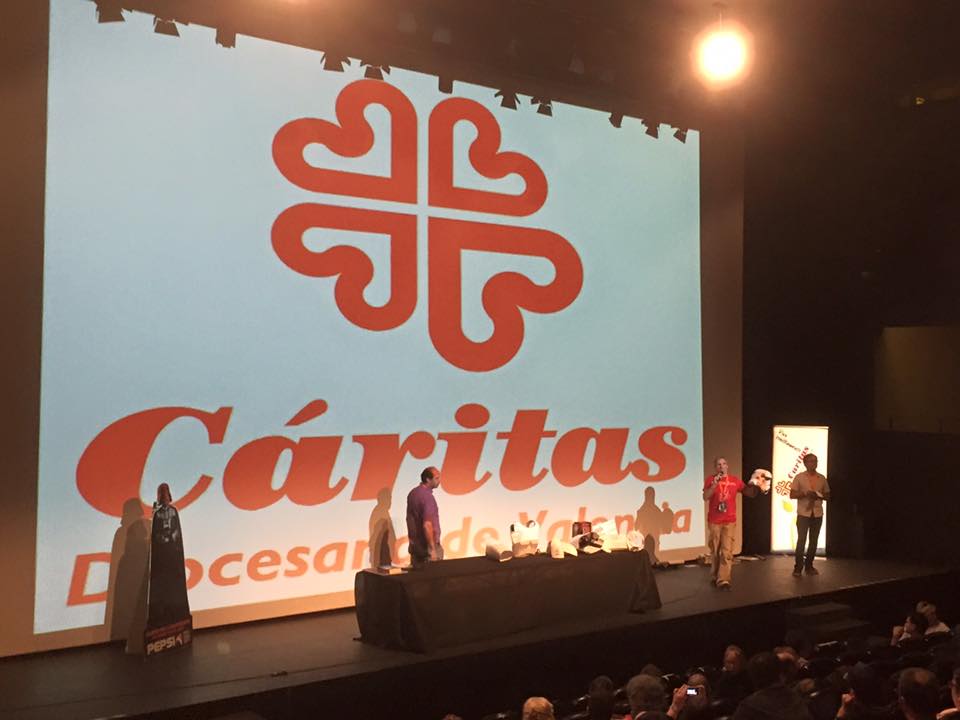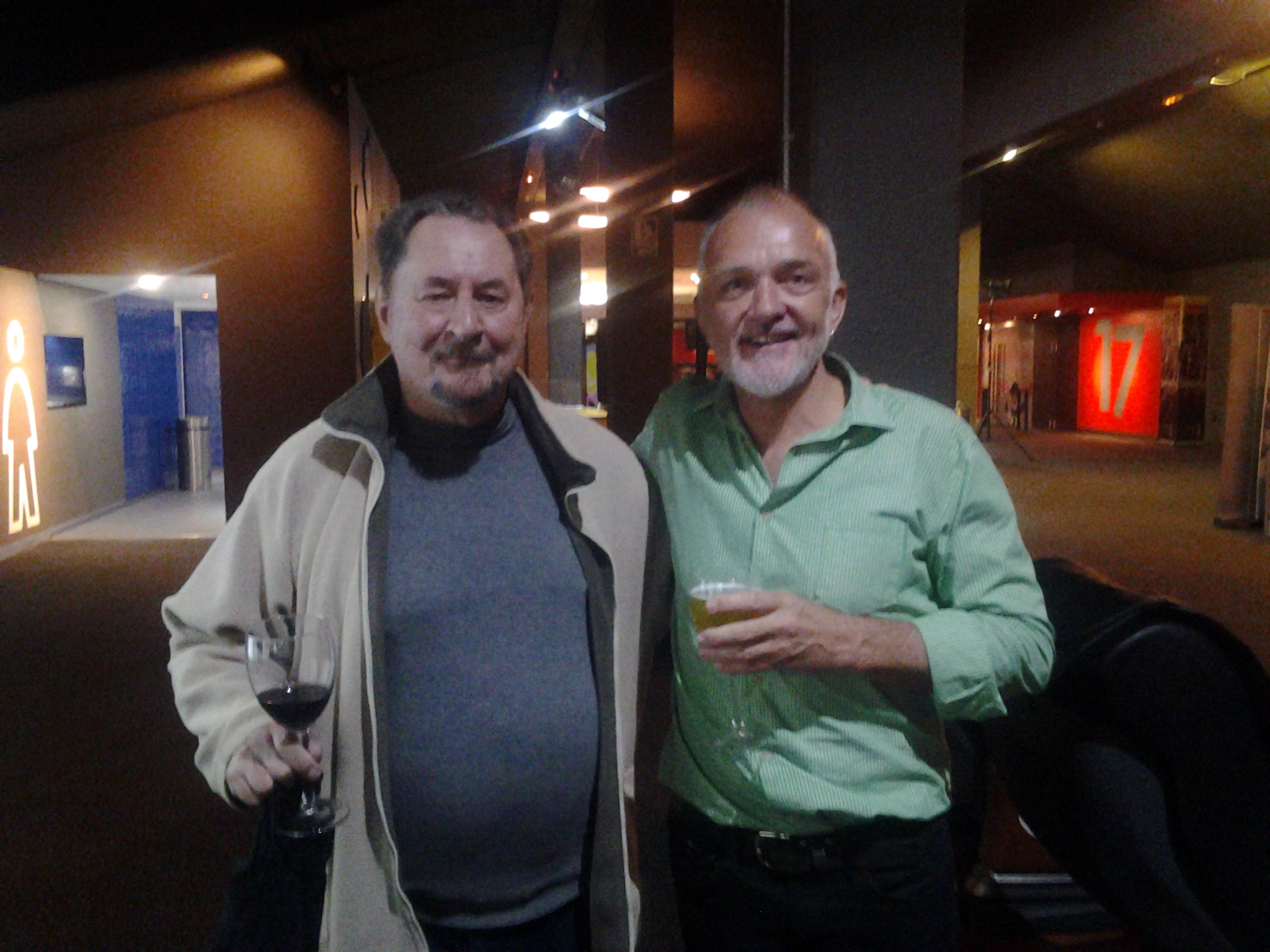Valencian Heroes and Villains: Basset
Joan Baptista Basset
Tucked away on the Patacona Beach near Alboraya is a memorial to Joan Baptista Basset y Ramos, a figure who for some represents the struggle of the Valencian poor to overthrow their oppressors and establish an independent Valencian nation, but who for the vast majority of Valencians means absolutely nothing.
Look up “Basett” on the Internet and you’ll discover that there are a lot of people who takes Bassett Hounds very seriously indeed. There are not so many people who take General Bassett so seriously however.
General Bassett has a street named after him in Valencia, and a park at La Xara near Denia. During the War of Spanish Sucession, Bassett was a local hero (or villain) who led those Valencians who favoured the Habsburg pretender Charles over the Bourbon Felipe.
As it is the victors who write history, Bassett’s name is largely erased from the history books, as is the war itself, a war that challenged the notion of the Spanish nation and is therefore today more popular with regional nationalists than it is with those who consider the present Spanish state as unchallengeable.
Two Valencian words you may come across, often as graffitti, are Maulets and Botiflors. Even today, these 18th century terms describe those who support Valencian nationalism and Spanish centralism respectively.
During the late 17th century there had been many protests and even armed revolt by peasants angry with high taxes imposed by the landowning nobility and church. These were the original Maulets and on the death of King Carlos II, they saw their opportunity to free themselves from these taxes by supporting the Habsburg pretender, Charles of Austria.
As many Valencian merchants and businessmen were doing much of their business with Britain and Holland, it was logical that they too should support the allied cause, which sought to oppose a pan-European hegemony centred on the French and Spanish thrones.
Joan Baptista Basset was born in 1654 in Alboraya, just outside Valencia. What few records remain indicate that he fled his native soil after causing somebody’s death and enlisted in the Austrian army, which at that time was the centre of the Holy Roman Empire. He received his military training in the wars in Italy, Hungary and Catalonia alongside his benefactor Prince Hessen-Darnstadt, and by 1699 had served for 11 years, including a participation in the siege of Vienna in 1683 by Turkish troops at a point in history when Christendom was almost over-run by the Turkish Empire.
He rose through the ranks until he became a Colonel and an engineer and at the outbreak of the Spanish war of Sucession he embarked from Holland on the Anglo-Dutch fleet of 62 ships that sailed into Portsmouth on 6th of January 1704 en route for Lisbon.
He was one of 20 Spanish officers in the fleet and was promoted to Major General. After 10 days in England he set sail with the fleet now commanded by Admiral Rooke and after a stay in Lisbon headed for the Costa Blanca, where the fleet anchored off Altea on May 21st.
Unable to stir up sufficient support on land, the fleet headed for Barcelona, but also failed to provoke an insurrection, returning to Altea on June 17th.
The allies were looking for a port from which to begin the allied campaign in Spain, and finally decided upon Gibraltar, where they arrived on 21st of July. Basset, as senior Spanish official, participated in the negotiations, but failed to persuade the Gibraltan garrison to surrender. This was achieved by two days of bombarment ending with the capitulation of August 4th.
By this time Basset had been named Marquis of Cullera and remained at Gibraltar for 7 months, defending it against a siege of Franco-Spanish forces.
With the lifting of the siege, the Habsburg pretender Archduke Charles arrived in Gibraltar on 2nd August 1705 and offered Basset the governorship of the rock. Basset however refused, preferring to continue with the fleet again to Altea where the British landed. On the 17th, Basset took a small group of ships to Denia where he landed and proclaimed Charles King of Spain and began immediately organising resistance to the French-backed Felipe V.
Resistance to Basset was organised from Valencia where Mariscal Lluís de Zúñiga and the Duke of Gandia were ruthless in suppressing the revolt of the peasants and merchants who supported Basset. Zúñiga’s troops pillaged and burnt in Benissa, Ondara, Verger, Pedreguer, Xaló and Alcalalí and on September 11th attacked Basset at Denia.
The castle at Denia proved too strong however and Zúñiga’s troops began to desert. Finally, following secret negotiations on the Montgó mountain, on 9th December Colonel Nebot’s cavalry went over to Basset and the siege collapsed. Nebot was Catalan and his loyalty to the Bourbon cause had always been in doubt.
Basset and Nebot counter-attacked, taking Zúñiga prisoner in Oliva and then taking Gandia and Alzira in quick sucession.
On 15th December they approached the walls of Valencia and the following day the city capitulated and accepted Charles as their King.
Basset remained in control of the city, attempting to prevent reprisals against Felipe’s followers and French citizens, who many wanted to lynch.
Bourbon troops approaching from Castille were met by Basset and a small force at Chiva where the Bourbons were victorious and Basset’s nephew was among those killed.
Basset withdrew to Valencia, which he defended, losing another minor skirmish at Burjassot until the arrival of the Earl of Peterborough lifted the siege. The Bourbon leader, De Las Torres was too weak to storm the city and established his headquarters at Moncada, from where he punished surrounding towns such as Quart, which he burnt.
With the arrival of Peterborough things changed radically for Basset, who was considered too radical by the British and Habsburg nobility, who arrived in Valencia with the clear intention of eradicating the “plebian excesses” of Basset’s followers.
When the British lifted the siege, Basset was imprisoned and taken first to Denia and later to Tortosa. This provoked protests from his followers and at least two apoplectic attacks for Basset himself, but after the defeat at Almansa, the rivalry between Basset and the British became academic and he was released from prison in Lerida to help organise resistance to the victorious Bourbon army.
He helped organise the defence of Denia and then Alicante before finally ending up in Barcelona, where he was in charge of the artillery at the head of two Valencian regiments “Sant Vicent Ferrer” and “Mare de Déu dels Desemparats” in the defence of the city, which fell on 11th September 1714, a day that is still celebrated in Catalonia by regional nationalists.
After the surrender of Barcelona, Basset was taken to Alicante, from where he was marched to Segovia Prison and later Pamplona before ending up at Hondarrabia on the Basque-French border.
After 5 years there he was rumoured to have been exiled to Vienna, although recent evidence suggests that he in fact died in Segovia in 1726, a year after the signing of a treaty releasing all the prisoners of the war.












Recent Comments